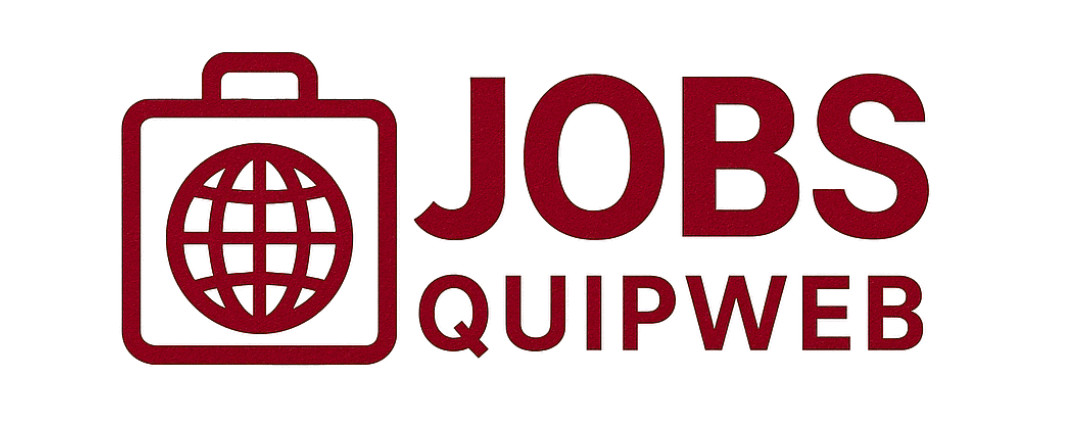Emotional Intelligence Skills for Professional Advancement are key to building strong workplace relationships. Enhancing my emotional intelligence not only improves myself but also uplifts my team. Understanding my emotions and those of others opens doors to better communication, collaboration, and conflict resolution. In this article, I will explore how developing these skills can lead to effective leadership, smoother conversations, and ultimately, career growth. Let’s dive into how emotional intelligence can transform my professional life.
How Emotional Intelligence Skills Enhance Workplace Relationships
Building Strong Connections with Colleagues
Strong connections with my colleagues are vital. Emotional Intelligence Skills play a crucial role in this. They help me understand my emotions and those of others. By being aware of how my actions affect my teammates, I can create a friendly atmosphere at work.
For instance, I remember a time when a colleague was feeling overwhelmed with a project. Instead of focusing solely on my tasks, I took a moment to ask how they were doing. This small act of kindness helped us bond and made our teamwork more effective.
The Role of Empathy in Team Collaboration
Empathy is a secret ingredient in team collaboration. When I show empathy, I can see things from my colleagues’ perspectives, helping me connect with them on a deeper level. When we understand each other, we can work together seamlessly.
Here’s a quick table to show how empathy benefits teamwork:
| Empathy Action | Benefit |
|---|---|
| Listening actively | Builds trust |
| Offering support | Boosts morale |
| Sharing feelings | Fosters open communication |
| Celebrating successes | Strengthens team spirit |
By practicing empathy, I’ve noticed that my team feels more supported and valued, leading to better collaboration and success in our projects.
The Impact of Self-Awareness on Professional Growth
Understanding My Emotions for Better Decisions
Self-awareness is like having a compass that guides my decisions. By understanding my emotions, I can make choices that reflect my values and goals. For example, when I feel stressed about a project, I take a moment to breathe and identify that stress. This helps me decide whether to tackle the project head-on or ask for help.
Recognizing my emotions allows me to respond thoughtfully rather than react impulsively. This shift has been vital in my career, illuminating the path ahead more clearly.
How Self-Awareness Leads to Effective Leadership Skills
Self-awareness is the backbone of strong leadership. Knowing my strengths and weaknesses allows me to lead my team better. For instance, I once led a project where I struggled with delegation. Realizing this helped me change my approach. I started trusting my team more, which boosted our morale and productivity.
Here’s a simple table to illustrate how self-awareness enhances leadership:
| Self-Awareness Aspect | Impact on Leadership |
|---|---|
| Recognizing strengths | Builds confidence in decision-making |
| Acknowledging weaknesses | Encourages collaboration and support |
| Understanding emotions | Fosters empathy and connection with the team |
By being aware of my emotions and how they affect my actions, I can connect with my team on a deeper level, essential for creating a positive work environment.
Developing Self-Awareness for Career Advancement
To grow in my career, developing self-awareness is crucial. Here are a few steps I took that helped me:
- Journaling: Writing down my thoughts and feelings helps me reflect on my daily experiences.
- Seeking Feedback: I ask colleagues for honest feedback, providing insights I might not see myself.
- Mindfulness Practices: Techniques like meditation help me stay in tune with my emotions.
These practices have been game-changers in my professional life. They’ve allowed me to recognize my emotional intelligence skills for professional advancement and apply them effectively.
Conflict Resolution Through Emotional Intelligence Skills
Navigating Difficult Conversations with Ease
Difficult conversations can feel like walking on eggshells. However, using Emotional Intelligence Skills can make these talks smoother. It’s all about understanding my emotions and the emotions of others.
For example, when I have to address a problem with a coworker, I take a deep breath and focus on what they might be feeling. This helps me approach the conversation with empathy. Instead of jumping straight into the issue, I start by asking how they are doing. This simple step can really change the mood of the conversation.
Strategies for Resolving Conflicts in the Workplace
In my experience, there are a few key strategies that I always keep in mind for resolving conflicts at work:
- Active Listening: I make sure to listen to the other person without interrupting, showing that I value their opinion.
- Stay Calm: I remind myself to keep my emotions in check, helping the other person feel safe to share their thoughts.
- Focus on Solutions: Instead of dwelling on the problem, I steer the conversation toward finding a solution, keeping things positive.
Here’s a simple table that summarizes these strategies:
| Strategy | Description |
|---|---|
| Active Listening | Listening without interrupting |
| Stay Calm | Keeping emotions in check |
| Focus on Solutions | Steering the conversation toward solutions |






